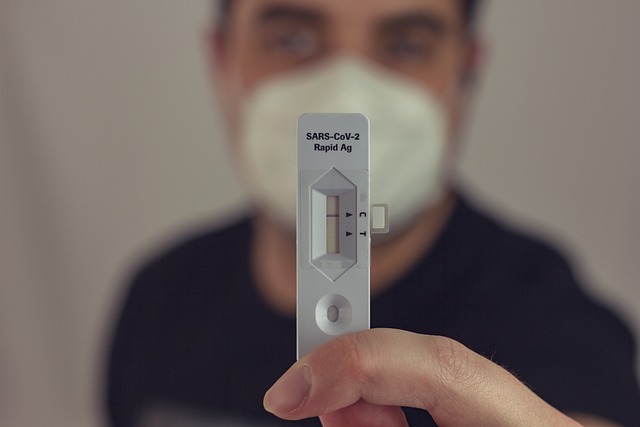Check your cholesterol levels with a simple UK Male Hormone Blood Test. This comprehensive guide explores what cholesterol is and its impact on health, why early detection is crucial for men, and how an easy blood test can help. We debunk common myths, explain the testing process, interpret results, and offer post-test lifestyle changes. Take control of your hormone health – find out more now!
- Understanding Cholesterol and Its Impact
- – What is cholesterol?
- – Types of cholesterol (HDL, LDL, and VLDL)
Understanding Cholesterol and Its Impact
– What is cholesterol?
Cholesterol is a waxy substance found in all cells in the body. It plays an essential role in maintaining good health as it aids in building cell membranes and producing hormones. However, high cholesterol levels, particularly LDL (low-density lipoprotein) or ‘bad’ cholesterol, can be harmful. In the UK, male hormone blood tests often include cholesterol checks to assess cardiovascular health. Elevated LDL cholesterol is linked to an increased risk of heart disease and stroke, making regular monitoring crucial.
– Types of cholesterol (HDL, LDL, and VLDL)
Cholesterol is a waxy substance found in your blood, essential for building cells and producing hormones. However, high cholesterol levels can lead to health issues. There are three main types: HDL (High-Density Lipoprotein), LDL (Low-Density Lipoprotein), and VLDL (Very Low-Density Lipoprotein). HDL is often referred to as ‘good’ cholesterol as it helps remove excess cholesterol from your blood. In contrast, LDL is known as ‘bad’ cholesterol; high levels can lead to plaque buildup in your arteries, increasing the risk of heart disease. A UK male hormone blood test typically measures these cholesterol levels, offering valuable insights into your cardiovascular health.
Monitoring cholesterol levels through a simple UK male hormone blood test is an easy and effective way to maintain heart health. Understanding your cholesterol profile, with its different types (HDL, LDL, and VLDL), allows for proactive steps towards a healthier lifestyle. Regular checks can help prevent serious conditions and ensure you stay in control of your well-being.
